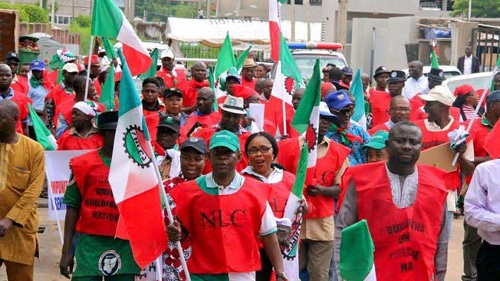PUNCH
The co-chair of the Bill and Melinda Gates Foundation, Bill Gates, has pointed out that Nigeria’s tax collection rates are low, posing challenges to financing critical sectors like health and education.
Gates made these remarks on Tuesday during Nutrivision 2024, a Pan-African youth dialogue on nutrition held in Abuja.
The Cable reports that Gates spoke while responding to a question on potential financing mechanisms for large-scale public health interventions.
“Over time, there are plans for Nigeria to fund the government more than it does today. The actual tax collection in Nigeria is actually pretty low.
“If citizens want the education and the health things, as they develop the confidence that these programmes can be very well run, and our foundation is involved with a lot of the exemplars that are showing the way in terms of making sure the money is spent really well, running a very efficient primary health care system where the employees are doing great work, the centres are where they should be, you don’t have underloaded centres or overloaded centres,” the billionaire said.
The philanthropist said for citizens to trust the government’s ability to deliver quality healthcare, there must be a commitment to effective management of health programme funds.
Gates underscored the importance of running an efficient primary healthcare system with well-placed and adequately staffed centres.
He noted that building credibility in health programmes could lead to greater fiscal flexibility, allowing Nigeria to prioritize primary healthcare funding.
“It’s exciting that we are driving the credibility of those health programmes and so that the citizens will feel like primary health care is amongst the priorities that should be very funded as you get some fiscal flexibility,” he added.
Gates also expressed optimism about Nigeria’s potential to significantly boost its agricultural output, suggesting that the country could transition from a net food importer to a major food exporter.
He highlighted the need for improved credit facilities, comprehensive soil surveys, and effective advisory services for farmers as key factors in achieving this transformation.



Connect with us on our socials: